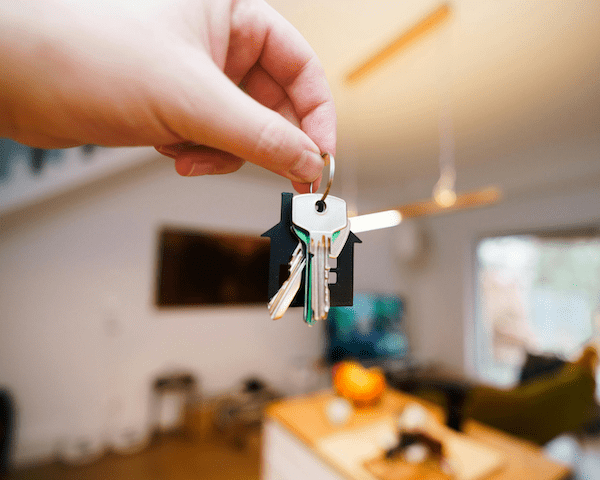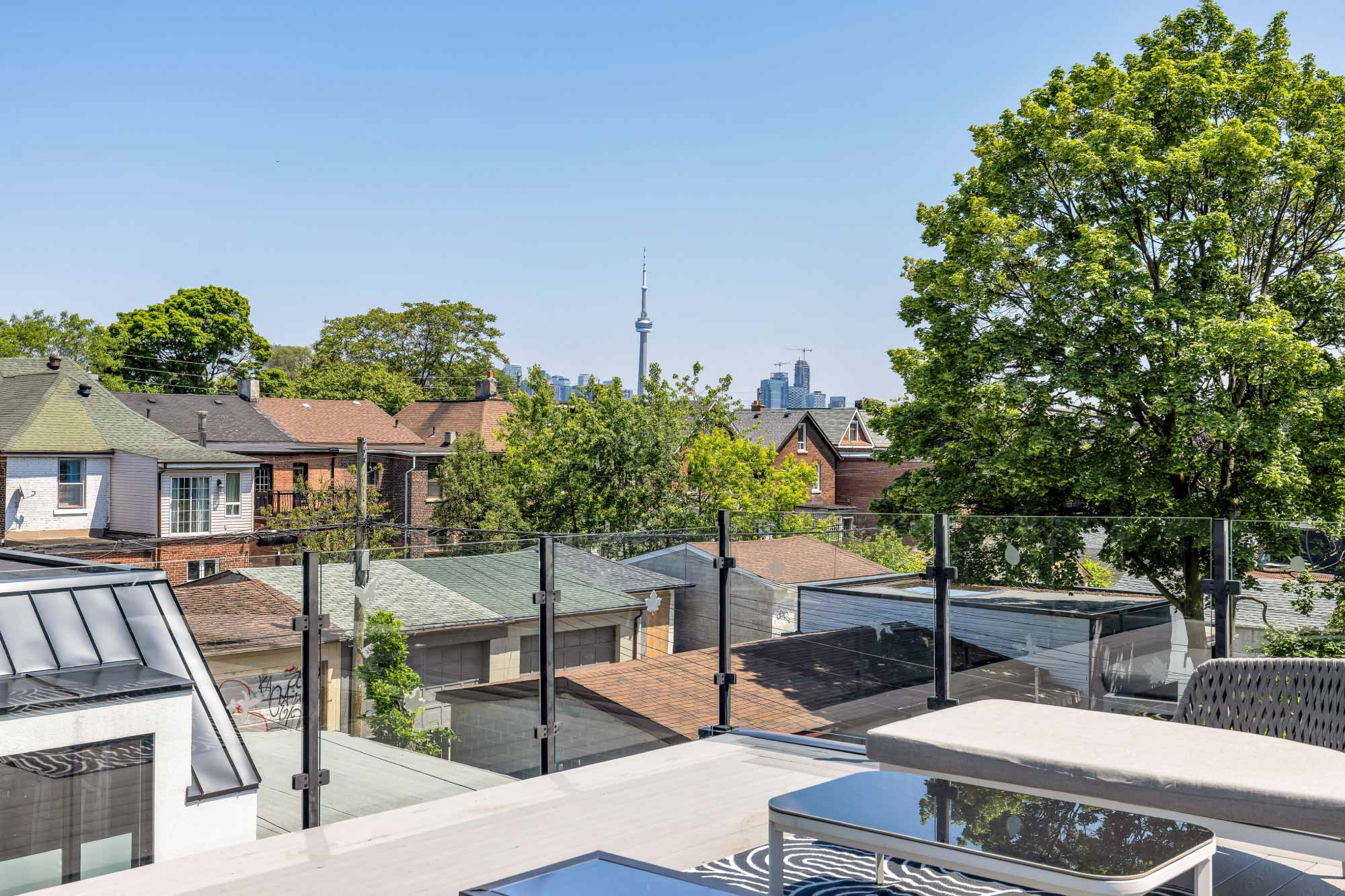Buying your first home is one of the defining moments to remember for the rest of your life. You worked long and hard to make it happen, and you’ll never forget the feeling of turning the keys into the first place you called your own. Now, your situation has changed, and you’ve decided to move on. Perhaps it’s time for a larger house with more space and a backyard for entertaining. Maybe you want a place closer to the excitement and amenities of downtown living. No matter what, it’s never easy to say goodbye to your first home.
Do you have more questions about selling a house in Toronto? Here are some more posts you may find useful:
- Is it Better to Buy First or Sell First in 2022?
- The Importance of Location in Real Estate
- Home Showings: What Sellers Should Know
The steps below will help you navigate the emotional and practical challenges of selling your first house.
Understand the Current Market
The real estate market moves fast, and it’s essential to get an overview of the current situation before you list your house for sale. What is happening in Toronto might not be quite the same as in the surrounding smaller cities. You can start by getting a home evaluation to estimate what you can reasonably expect from the sale of your home. You’ll also want to research your new neighbourhood to get an idea of what kind of budget you will need to buy your next home when you move.
Should You Work With a Real Estate Agent?
Your best advantage is to work with a local real estate agent who understands your area. A full-service Realtor® can take almost all of the work off your plate and help you get more for your home by marketing and staging it effectively. If you want to get the maximum value possible, you need someone by your side with excellent negotiation skills. When the offers start to come in, a real estate agent can guide you on whether to accept or make a counteroffer. Once your sale closes, they will walk you through the legalities of the sale to make sure everything goes smoothly and according to plan.
Understanding Your Listing Agreement
A listing agreement is the contract between you and your real estate agent. It is a legally binding document, so it’s vital to read it carefully and understand it before signing. Terms of the listing agreement include the initial price of the property, the date the contract takes effect and when it expires. There may also be clauses that spell out what happens if the house doesn’t sell or if either of you wants to cancel the agreement.
Preparing For The Sale
Once you’ve got your signed listing agreement, it’s time to prepare your house for sale. Small improvements can have a significant impact on the perceived value of your home and how much it sells for. It’s not necessary to undertake any major renovations, but these minor details can help you sell your house for more:
- Clean and declutter thoroughly. Your house should sparkle from top to bottom.
- Add a coat of fresh paint. White paint especially can make your home appear larger and more modern and provide a backdrop for your decor.
- Make minor repairs. Fixing nail holes in walls and re-caulking your bathtub can significantly improve the appearance of your home.
- Add outside decor. A potential buyer starts judging your home the minute they see it from the outside. Make the best first impression possible by pulling out the weeds, keeping the grass cut or even adding potted plants around the entrance.
The Magic of Beautiful Staging
Staging involves artfully redesigning your home to provide a blank canvas that allows buyers to imagine themselves living there. Strategically placed furniture, lighting, and tasteful accent pieces transform your home and make it even more appealing to potential buyers.
Does staging work? According to the Real Estate Staging Association, properly staged homes sell faster and encounter fewer price reductions. You can expect a higher price when your home looks its best.
Staging is our specialty at Harvey Kalles! Find out more about our process here.
Are There Mortgage Penalties to Be Aware of?
If you are selling your home before your mortgage term expires, you may face penalties for early repayment. This penalty is calculated by taking three months’ interest or the interest for the remainder of your loan. If you’re getting a new mortgage at a lower rate, it may be worth it. In addition, you may be able to blend your mortgage if you’re buying a new home after selling. The best thing you can do is talk to a financial advisor or mortgage broker before taking any action.
Get a Pre-Approval
If you plan on moving to a larger house, you may need to access additional financing. A pre-approval estimates how much you will be able to qualify for, giving you an extra edge when buying in a competitive market. Having a pre-approval ahead of time means you may be able to place an offer without the condition of financing. This helps your offer stand out in multiple offer scenarios and even during bidding wars.
Cherish Your Memories
Your first home is a source of pride, and a place where you have created many memories. You may associate your house with your landing your dream career or the fun times with your friends and family members. It can be comforting to know that those experiences will always stay with you no matter where you decide to go next.
Get Excited About Your Next Step
The best way to overcome the emotion of leaving your first home behind is to get excited about your new place. If possible, take a walk through your new neighbourhood and see what’s around. Maybe there’s a nearby hiking trail where you can imagine spending hours exploring the beauty of nature. Take a look and see what restaurants and entertainment options you’ll soon get to experience. If you can’t visit in person, take a virtual tour of your new city to see all of the things you have to get excited about.
Are you curious to know more about our selling process? We’d love to chat with you! Reach out today for a free, no-obligation meeting.

Meet The Team
See how our dynamic duo leads a smart strategy to help you sell your Toronto home for top dollar.









